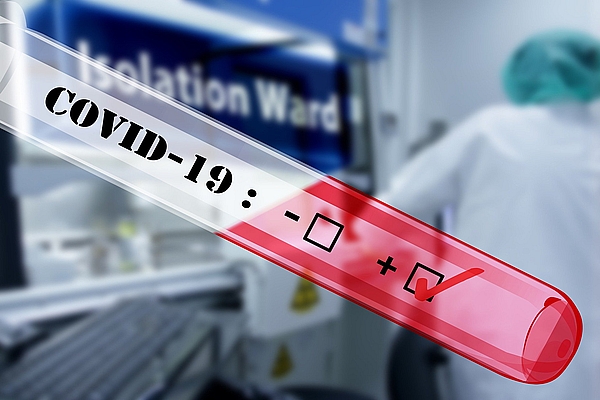
As the unfolding consequences of the coronavirus pandemic continue to disrupt international trade, freight transport specialist insurer TT Club is maintaining its advice service to stakeholders along the global supply chain.
Over the coming weeks there will be considerable uncertainty for stakeholders through the entire transport industry as the global economy slows, governments prioritise specific supplies, consumer spending decreases and personnel shortages become more prevalent. However, the need for the supply chain of essentials – foodstuffs, pharmaceuticals and medical equipment – to remain robust and efficient will be more critical than ever. The demand to maintain reliability, and continued flexibility of the services provided, will be acute for many stakeholders, faced with the common three business imperatives during the current crisis of staff, customers and cash.
In this unusual, indeed unprecedented environment, TT Club points out that all sectors of the industry will be put under pressure by customers and suppliers to help mitigate potential issues, losses and liabilities. The scenarios faced will be many, various and complex, affecting port, terminal and warehouse operators as well as carriers across all modes, forwarders and logistics companies. TT Club aims therefore to continue providing an advisory service that is supportive and alive to the additional and unfamiliar risks and liabilities being presented.
“As we have advised in the past, fundamentally there is a need to communicate; to have an open dialogue with customers and suppliers and a good understanding of fast-changing controls and regulations imposed by local, national and even international authorities,” comments Peregrine Storrs-Fox, TT Club’s Risk Management Director. “The physical movement of cargo is understandably experiencing delays due to cancelled ship sailings, shortage of air freight capacity and land border checks and these disruptions to the norm will cause friction between the various links in the chain. An understanding of ‘what is going on’ by participants in the chain will serve to ease such friction.”
Those involved in the global transport industry are by their nature experienced problem solvers often employing innovative solutions. Where contractual relationships are in place, the supplier is generally obligated to explore all reasonable options to mitigate a potential loss arising in circumstances such as presented by this coronavirus outbreak. As Storrs-Fox comments, “Any party seeking in the event of a future dispute to rely on a ‘force majeure’ defence may well face the burden of evidencing that they took all reasonable steps to mitigate the loss”.
Depending on the individual stakeholder responsibilities, there are a number of proactive risk mitigation strategies that may be considered. Clearly, keeping well informed and maintaining open channels of communication with the national or local authorities relevant to the business obligations will be key, both to compliance with additional requirements and service to customers – even recognising that such obligations may be in another part of the world and possibly managed through a partner.
Many established ‘crisis management’ plans will be relevant for the circumstances faced, even if the scale and scope of the current disruption was not envisaged. Such frameworks will, however, assist in identifying vulnerabilities that may impact the ability to fulfil usual obligations or carry out standard business requirements. The specifics of this virus – such as exposure through contact with surfaces – necessitates consideration of additional protections and training for staff and will almost certainly make usual personnel and site security procedures more complex.
While TT Club looks to provide supportive and relevant advice, it is also building a dedicated page of available materials in order to share good practice findings from around the globe. In amongst all the strain of responding to the immediate crisis, however, the Club urges stakeholders to maintain as much normal rigour as possible in their internal systems and processes, in sound safety practices and in robust physical and cyber security. As Storrs-Fox concludes, “Such standard business ‘hygiene’ retains lasting significance, alongside the much heightened health hygiene to which we are all responding”.




